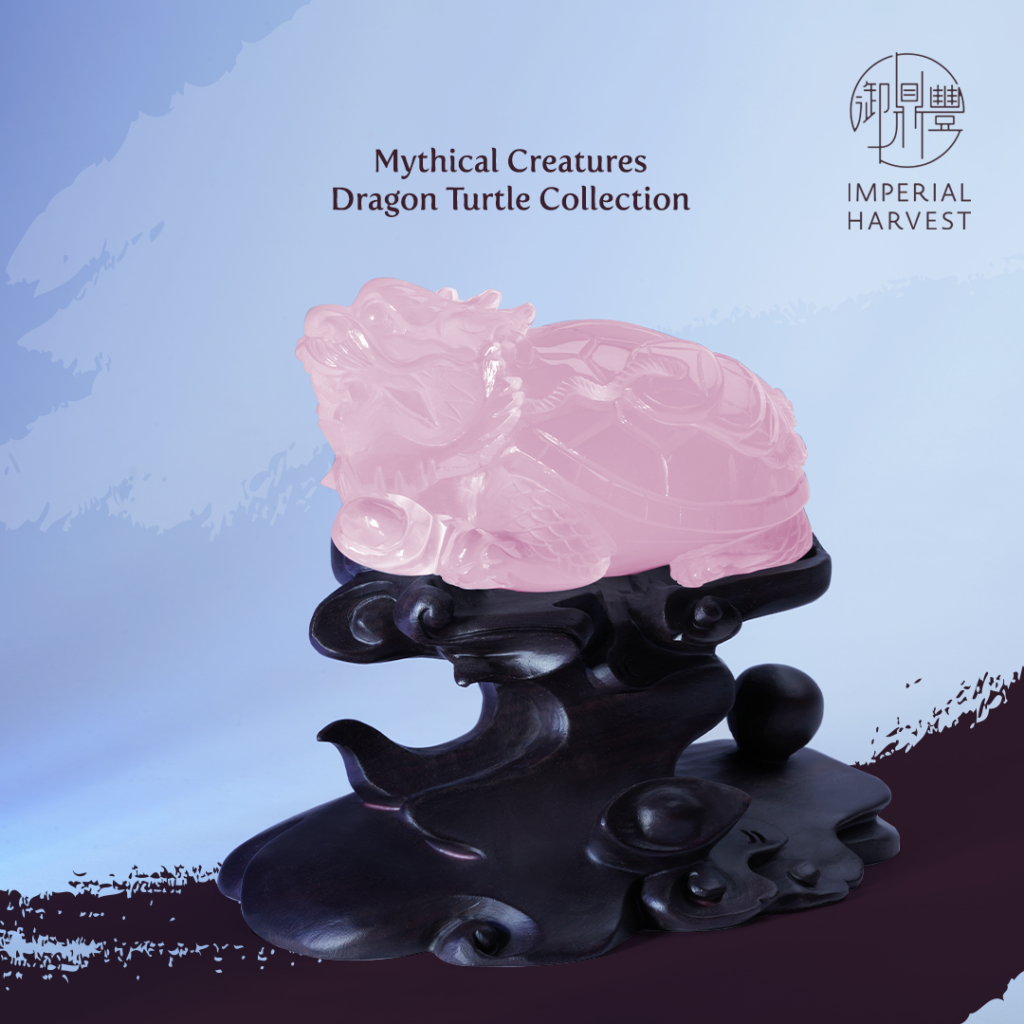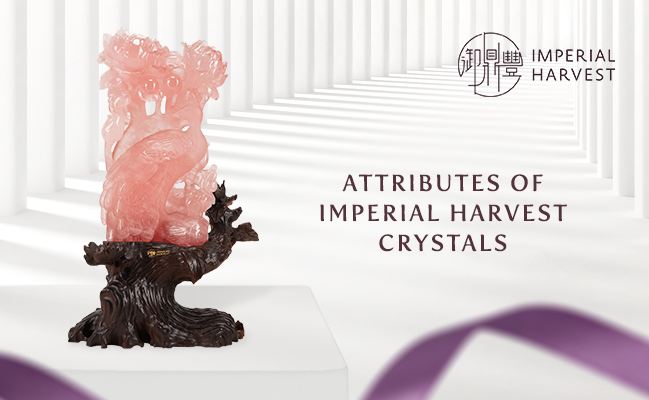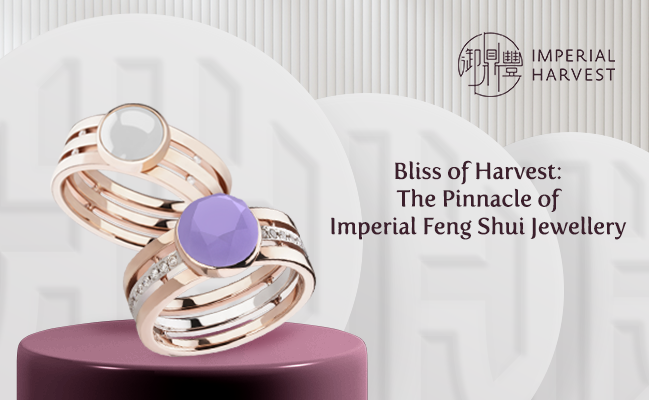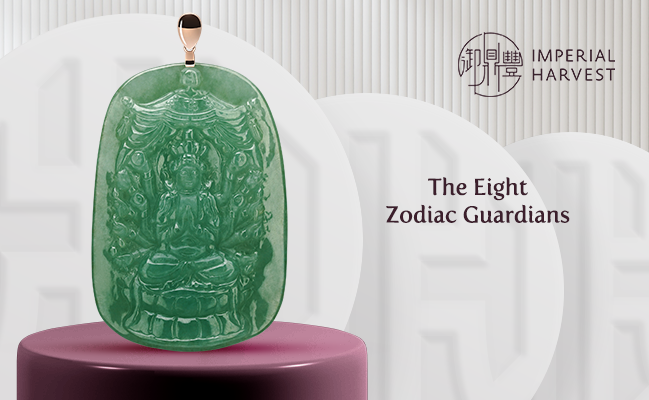Posted by Imperial Harvest on 29 October 2021
Estimated Reading Time: 4 mins
Just as Li Qiu (立秋) denotes the start of the autumn season, Li Dong (立冬) heralds the arrival of winter. It forms the 19th of 24 terms of the solar calendar, beginning on 7 November this year.
In many parts of the northern hemisphere, temperatures drop further during Li Dong, and the ground begins to harden with frost. These changes in the environment make it inhospitable to most crops, and brings a swift conclusion to the harvest season. Around this period, farmers pivot to the storage and processing of crops, and take the time to reflect and prepare for the following year.
Cultural traditions of Li Dong
It is during this time of pause that farmers look back on the year with pride and gratitude. In ancient Chinese civilizations, Li Dong came to be known as a time of thanksgiving, when farmers expressed their appreciation for the blessings of harvest. To seek respite from the rapidly-falling temperatures, many gathered indoors with loved ones during this period, indulging in activities that kept them warm both in body and in spirit. Over time, these cherished practices morphed into deeply-entrenched traditions upheld by many successive generations.
Given the immense importance of agriculture to agrarian Chinese society, it was only natural that farmers’ own produce took centre stage in Li Dong celebrations. Ascribing the bountiful year of harvest to the blessings of their forefathers, people took pains to dedicate a portion of harvest to offerings to the ancestors. These elaborate worship sessions were also occasions for gatherings and communal feasts, when fresh produce would be used to prepare warming and nourishing dishes.
With the onset of significantly lower temperatures, there was an emphasis on richer foods to commemorate Li Dong. These tended to be on the heavier side, to keep the body warm and adequately nourished. Examples of foods commonly consumed at Li Dong celebrations include glutinous rice balls with a bean paste filling, and a variety of meats cooked with wholesome herbs such as angelica and white peony bark and roots.
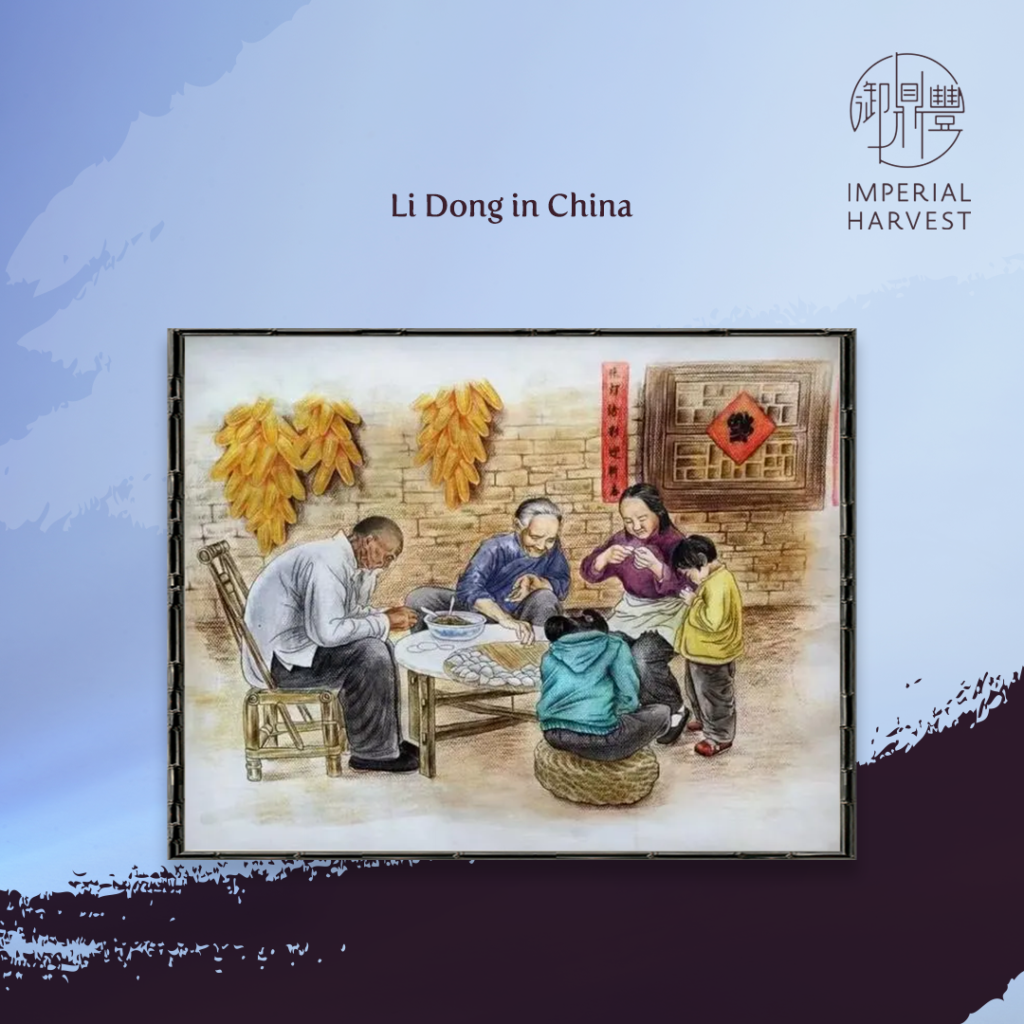
The popularity of dumplings at Li Dong feasts stems largely from its Chinese term. In Chinese, the term for dumplings sounds similar to the description of two seasons meeting. This aptly describes the time of Li Dong, when autumn and winter meet and meld seamlessly into each other. Over time, the entrenchment of this homophone made consuming dumplings on this day an established tradition.
Apart from a time of gratitude and feasting, Li Dong was also an occasion of forward preparation. Farmers used this time not only to gather and store their crops for the upcoming leanness of winter, but also to plan ahead for the upcoming year. Such strategizing included considerations of what types of crops to sow, how the weather would be like, as well as the anticipated demand for various crops. In essence, Li Dong was a period when farmers embarked on extensive planning and preparation to reap the greatest rewards from the subsequent year of harvest.
Imperial Traditions of Li Dong
Within the Imperial Palace, the arrival of Li Dong was met with no less fanfare. It was greatly anticipated by the emperors, many of whom fasted for days in preparation for the occasion. On Li Dong, they would then proceed to lead a procession of officials from the Forbidden City to outlying areas, where they would perform elaborate rituals to honour the gods of winter. These grand processions were certainly sights to behold, comprising scores of officials, horses, and symbols of the emperor’s power and authority.
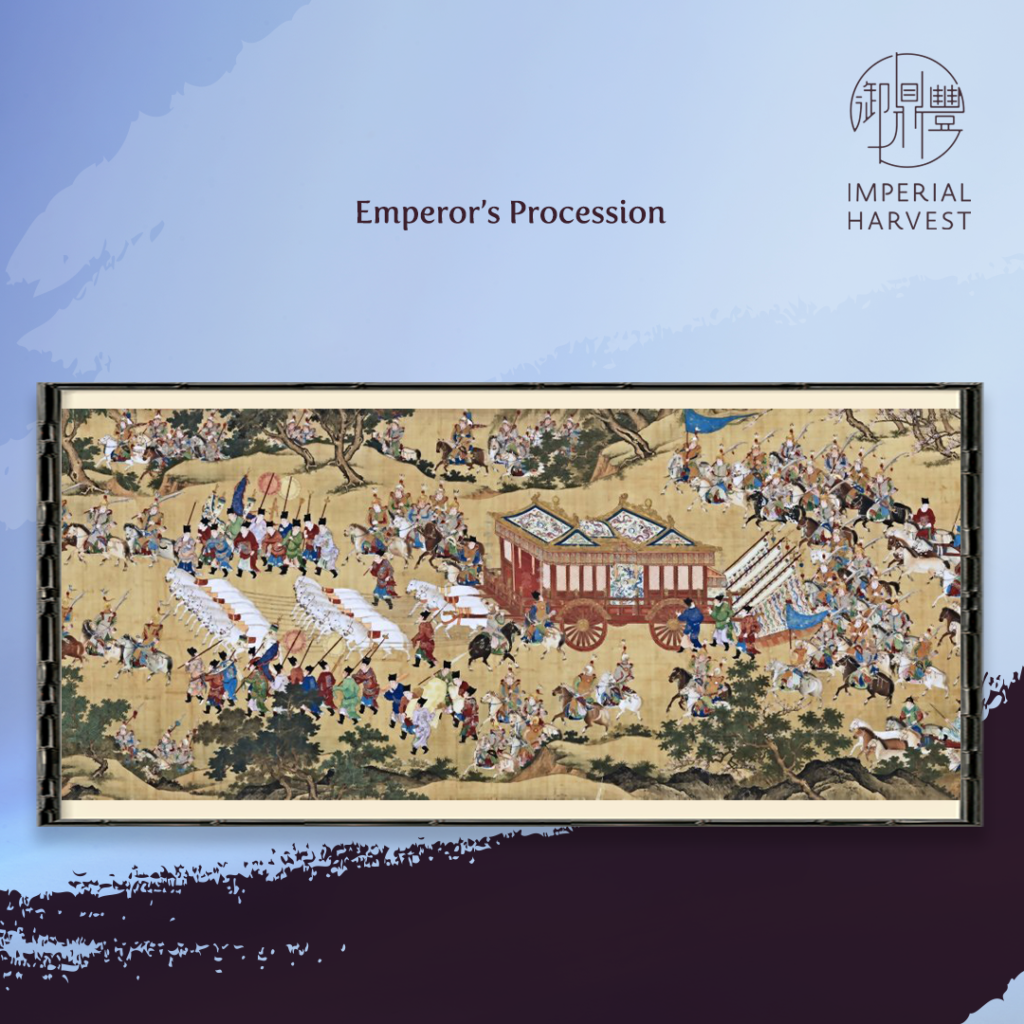
As part of these rituals, the emperor honoured contributions of soldiers and leaders who protected the country. He also prayed for protection for their spirits, and reiterated the importance of defending the nation against hostile forces.
Li Dong was also a period of reflection, planning and preparation for the emperor and the Imperial Palace.
It was when economic policies were planned, international relations were reviewed, and resources were gathered to upgrade and reinforce the military to strengthen national security.
Imperial Harvest Welcomes Li Dong and the Season of Winter
Indeed, Li Dong was widely perceived across society as a time of consolidation, used to gather and take stock of resources, and plan ahead for the rigors of the upcoming year. With its illustrious history and profound wisdoms, Imperial Feng Shui was an important weapon used by generations of emperors to guard against obstacles and hindrances to their ruling success.
This Li Dong, Imperial Harvest pays tribute to its ethos of planning and preparation. With seasons of the year hugely significant in Imperial Feng Shui, several collections of Imperial Harvest collections draw on the role and philosophy of winter in this distinguished art.
Winter and Major Yin
According to Imperial Feng Shui principles, the season of winter is represented by the major yin, one of the four phenomena that collectively constitute the essence of Heaven and Earth. The major yin is an important aspect of Imperial Feng Shui, governing one’s personal luck. The amplification of luck is therefore undertaken by ensuring an optimal balance of major yin.
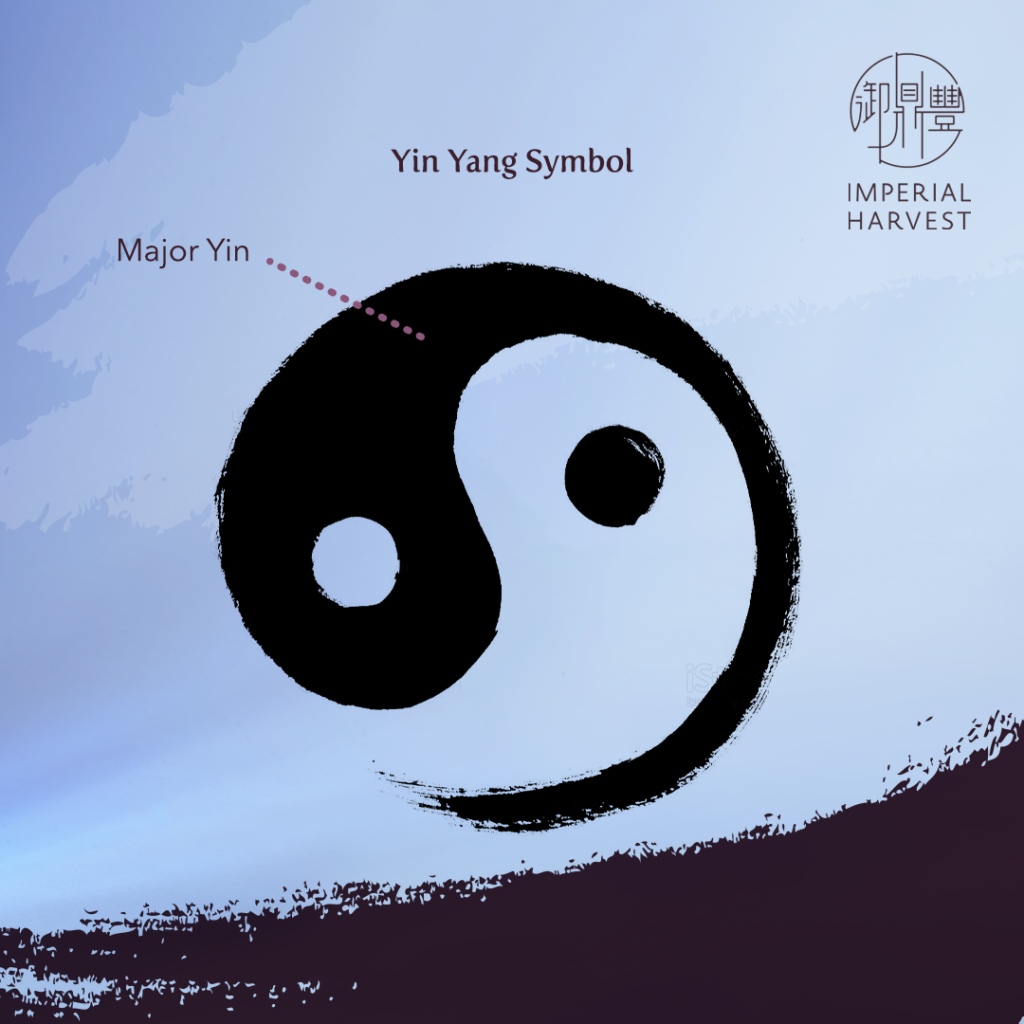
In a defining moment in Chinese dynastic history, Imperial Feng Shui masters of the Qing court uncovered the remarkable ability of fine jadeite pendants to balance the major yin. Arising from this seminal discovery is the enduring Imperial Feng Shui tradition of using such pendants as the instruments to balance the major yin.
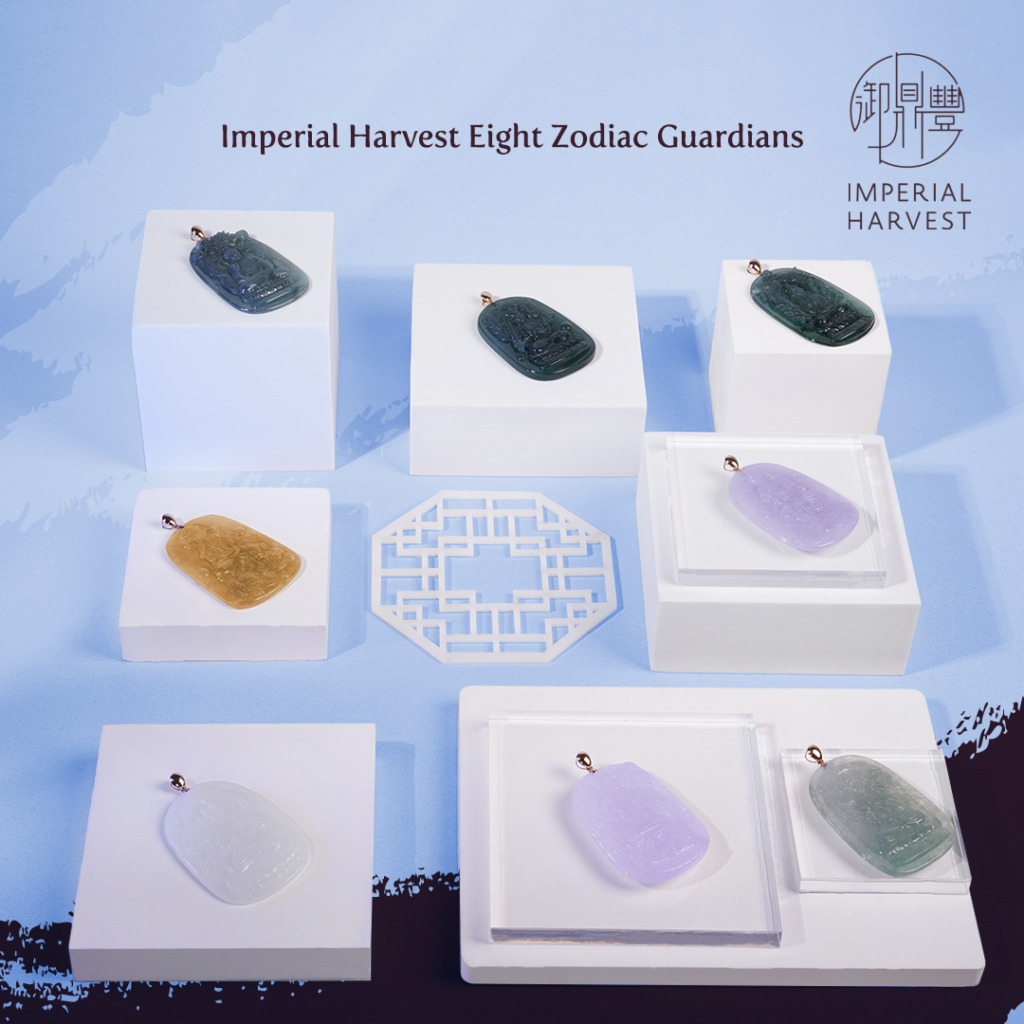
Today, Imperial Harvest remains true to the rigorous scholarly studies of these eminent masters, and the unrivalled capacity of fine jadeite pendants to balance the major yin. This classic Imperial Feng Shui treasure bestows upon the blessed wearer supreme luck and breakthrough successes, empowering him in his personal and professional pursuits.
Winter Solstice at the Temple of Heaven
Delving further into the imperial traditions of ancient Chinese history, the onset of Li Dong points to the imminent arrival of the winter solstice (冬至). Scientifically, the winter solstice indicates when daylight hours are the shortest, but centuries ago, its cultural and spiritual significance extended far beyond that.
In particular, the Forbidden City saw an annual flurry of heightened activity leading up to the winter solstice. It was a hugely important occasion for the emperor, who at this time of the year invariably ventured to the historic Temple of Heaven to perform the annual winter solstice prayers. These consisted of elaborate rituals to give thanks to the Heavens for the year of harvest, and prayers for continued peace and prosperity.
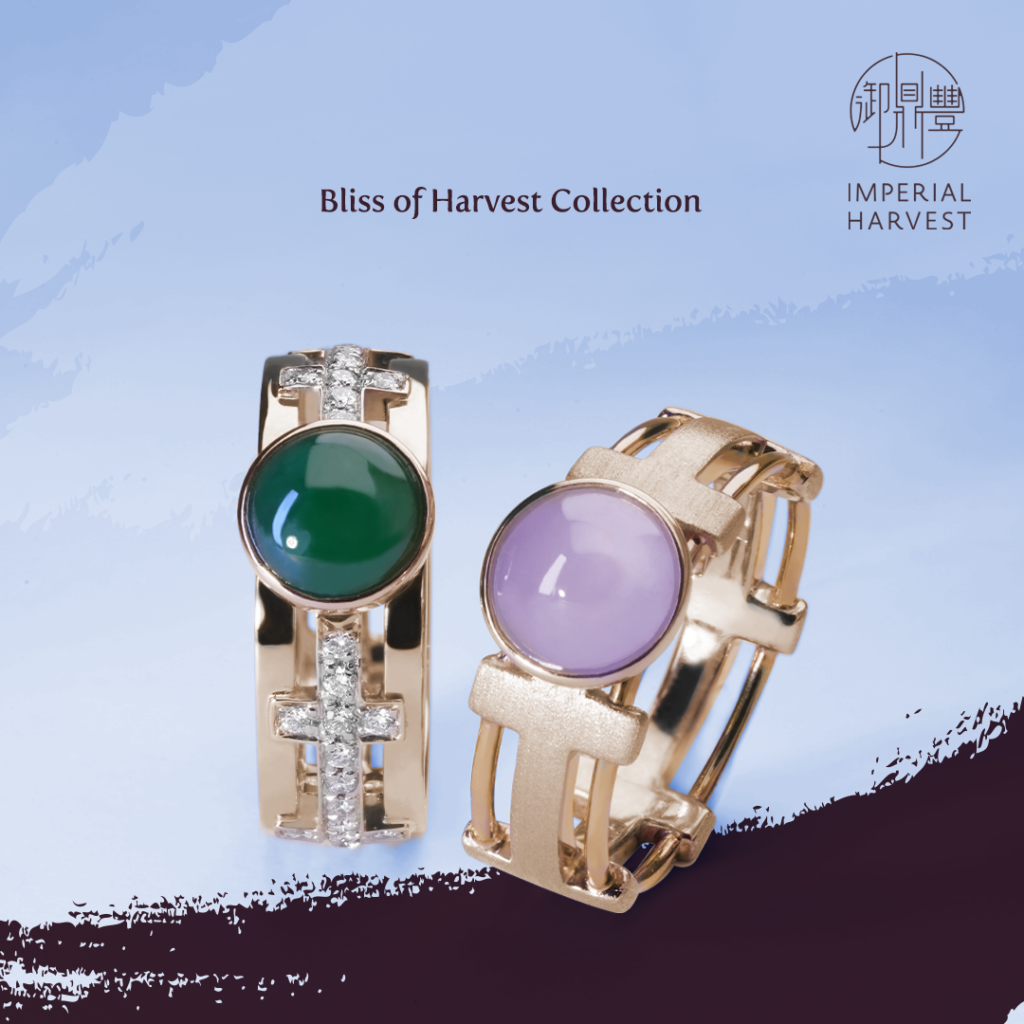
600 years after its completion, the ethos and lore of the Temple of Heaven is today encapsulated in the Imperial Harvest Bliss of Harvest collection. Inspired by the ideological and architectural grandeur of this revered monument, the Bliss of Harvest forms a contemporary tribute to the richness of the imperial winter solstice tradition.
Winter and the Water Star
Of the five elements in Imperial Feng Shui, water is the most closely associated with winter. This makes Li Dong an especially amenable gateway to a season of activating the water star (wealth sector) in the home. When activated correctly, the auspicious water star, or wealth star, duly ushers into the home boundless streams of prosperity, empowering occupants to manifest and savour the fruits of their unlimited human potential.

Contrary to the tenets of Imperial Feng Shui, contemporary Classical Feng Shui commonly prescribes water features such as fountains to activate the water star and catalyze an influx of wealth. Alas, such a practice stems from a misguided interpretation of Imperial Feng Shui classics. One only needs to look to the Forbidden City for verification – nowhere in the imperial court were any water features known to exist. Despite this, countless dynasties were ably led to decades of unity and prosperity by eminent emperors. Emperor Qian Long of the Qing dynasty, for instance, enjoyed widespread success not just on the battlefield, but also in forging economic growth and social harmony.
Indeed, success leaves clues. From Emperor Qian Long’s distinguished reign, as well as his extensive collections of fine crystals, it is evident that these treasures are the time-tested and proven rightful activators of the water star.
The Mythical Creatures Collection – Dragon Turtle
The Imperial Harvest Dragon Turtle crystal is part of the Mythical Creatures collection, which draws inspiration from a legion of legendary creatures in ancient China. In Chinese mythology, these are iconic symbols often associated with auspicious tropes such as good luck and prosperity.
The dragon is one of the most powerful symbols in Imperial Feng Shui, representing courage, auspiciousness, and good luck. On the other hand, the turtle, often associated with the wisdom of the earth, epitomizes stability, longevity, and protection.
As an amalgamation of these attributes, the mythical Dragon Turtle reigns supreme across the three realms of land, sea and air. It wields the ability to grant everlasting wealth to its destined owner, and also acts as a representation of protection and authority. As one of the nine descendants of the Dragon, it was also widely displayed in ancient Chinese palaces to herald its glorious return (荣耀归来).
In Imperial Feng Shui, the Dragon Turtle’s status as one of the Four Celestial Creatures further underscores its eminence. These Creatures function as guardians of the four cardinal directions, with the Dragon Turtle overseeing the northerly direction. Furthermore, the Four Celestial Creatures are commonly associated with other aspects such as emotions, elements and seasons of the year.
The Dragon Turtle aptly represents the season of winter, and is commonly celebrated for its traits and cultural importance during this time of the year. Combining the turtle’s grounded, consistent energy and the powerful wealth-garnering ambitions of the dragon, it fosters supreme career and business luck, particularly in highly-competitive industries. Additionally, it shields followers from adversity and misfortune, and is commonly viewed as a symbol of longevity, stability and support.
This upcoming Li Dong, Imperial Harvest celebrates its inherent spirit of reflection, thanksgiving and preparation. Diverse as they are, Imperial Harvest’s collections of fine jadeite pendants, Bliss of Harvest rings and fine crystals all draw on time-honoured Imperial Feng Shui applications and interpretations of the season of winter.
With their multiple inherent associations with winter, the Imperial Harvest Dragon Turtle and Laughing Buddha crystals possess especially favourable Imperial Feng Shui properties this time of the year.
To better understand the relevance of these fine crystal treasures to your prosperity aspirations, book a Bazi consultation with our expert consultants. They will advise you on leveraging their qualities to activate the auspicious water star, empowering you in fulfilling your unlimited human potential this winter season.
Imperial Harvest’s expert consultants are always on hand to guide you on your journey and provide you with insights to help you realise your fullest potential. Book a complimentary consultation today or contact us at +65 92301640.
We are located at
For prospective clients:Imperial Harvest402 Orchard Road
Delfi Orchard #02-07/08
Singapore 238876 For existing clients:Imperial Harvest Prestige
402 Orchard Road
Delfi Orchard #03-24/25
Singapore 238876
Most Read Articles
Get to read our life changing articles and get inspired.
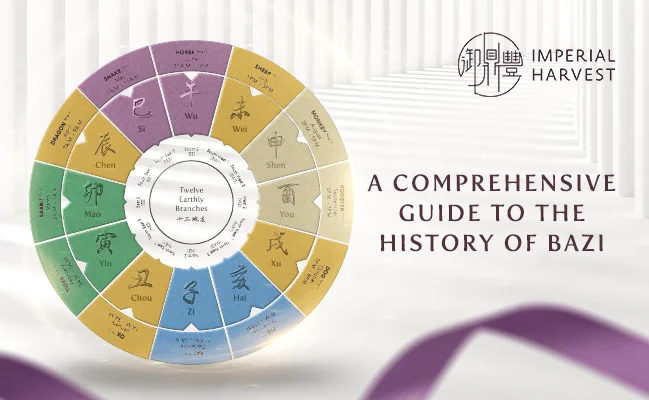
A Comprehensive Guide to the History of Bazi (八字)
Estimated Reading Time: 5 mins Bazi (八字) is often mistakenly assumed as the Chinese counterpart of western Astrology. The similarities between both systems lie in their utilisation of birth dates and time in their calculations, and the ability to be read from a tabulated chart. Where Astrology may take into account the positions of different […]
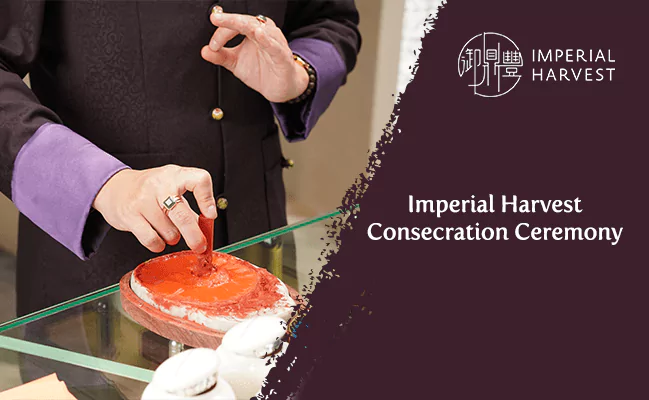
Imperial Harvest Consecration Ceremony
Estimated Reading Time: 5 mins At Imperial Harvest, each earthly treasure undergoes a series of consecration rites performed by Master David, before it is bestowed upon its blessed owner. Every aspect of these sacred Chinese anointing rituals is carefully examined and accurately represented in Master David’s blessings, reflecting Imperial Harvest’s deep respect for these esteemed […]
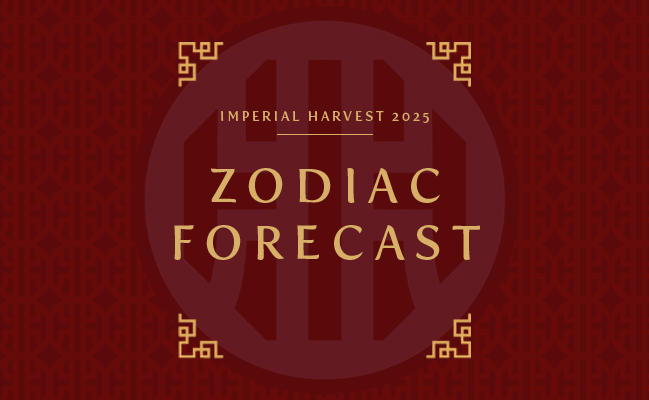
Imperial Harvest 2025 Zodiac Forecast
Estimated Reading Time: 7 mins The Year of the Wood Snake in 2025 brings a dynamic period of growth, transformation, and new beginnings. With its ambitious qualities, the Wood Snake’s influence offers unique opportunities for those who seek progress and renewal. Drawing from the time-honoured principles of Imperial Feng Shui, the Imperial Harvest 2025 Zodiac […]
